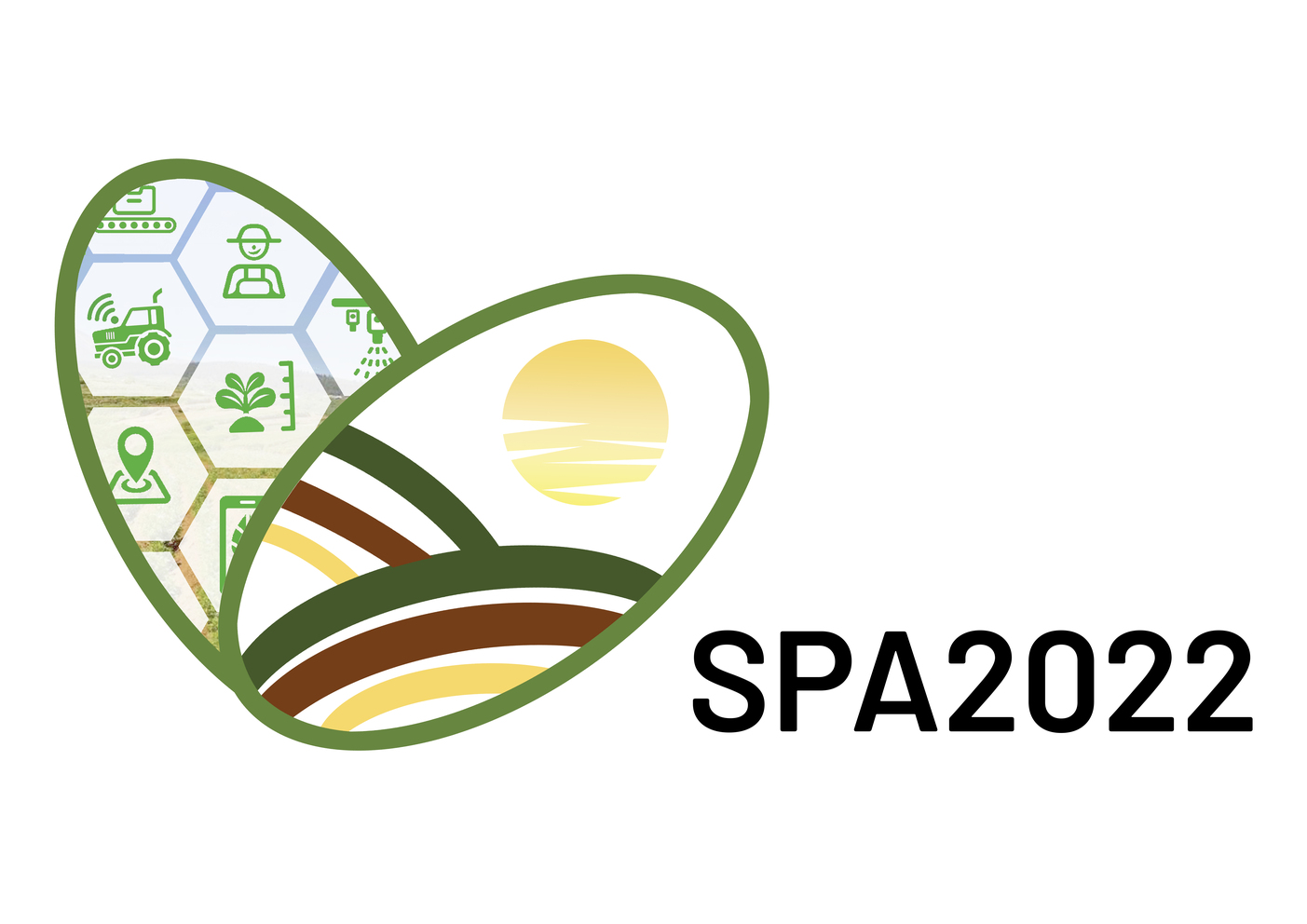Accelerating stress tolerance studies using biological translation from model plants to crops

Plants are sessile organisms exposed to several environmental stimuli, biotic and abiotic stresses. To deal with the different stress situations, plants have developed different mechanisms responses (molecular, metabolic, and physiological changes). However, these responses are not always powerful enough to ensure the plant’s survival and production. Much effort is thus invested into researching and developing technologies that may help plants cope with stressful situations, e.g., biostimulants. Testing biostimulant effects in field conditions are highly relevant and unreplaceable; however, some of the claims, such as abiotic stress tolerance, can hardly be justified in the same field trial. In this regard, modern plant phenotyping using non-invasive digital technologies can speed up the development and characterization of new biostimulants using high-throughput and high-precision approaches in controlled and semi-controlled conditions. Here is an example of how a phenotype-based high-throughput screening approach using the model plant Arabidopsis was used before an open field study of biostimulants as alternatives to improve plant production and nutrient quality in Vitis vinifera will be presented. Another example of translation of the outcomes from biostimulant testing in an indoor non-invasive large-scale bioassay using crops at very early developmental stages to maize grown in lean field conditions to the production phase under water restriction will also be presented. Finally, preliminary results of our high-throughput screening method for selecting compounds that improve plant resistance to biotic stress based on the Arabidopsis-Pseudomas pathosystem will be shown. The mentioned examples should demonstrate that our indoor screening methods using model plants have the potential to accelerate the selection of compounds and/or genotypes that can then be successfully validated for their efficiency in increasing crop resilience in field conditions
